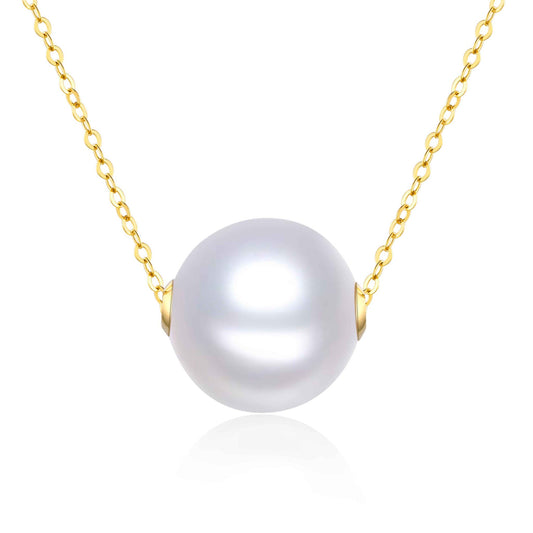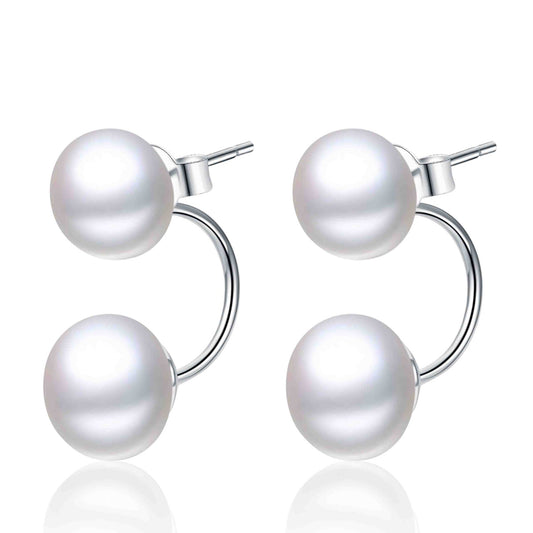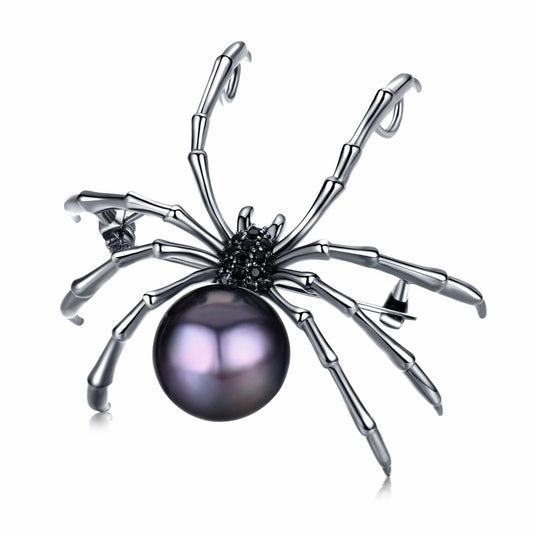
Buying Your First Pearls: Where to Start?
Share
The pearl market can be confusing for someone who hasn’t been exposed to the different types of pearls and how they are valued. Here is an easy-to-understand, quick guide to what you should consider if you want to invest in pearl jewelry.
There are two main types of pearls: Freshwater and Saltwater pearls. It is generally accepted that saltwater pearls are more expensive because of their rarity and lower yield in harvests. Other categories are farmed versus wild, and then there are bead-nucleated versus tissue nucleated pearls. But the most important determining factor is quality, and this you can find across any of the above categories – it all depends on what your budget is and what style of pearl you are looking for within that budget.
Freshwater and Akoya Pearls
It is generally accepted that freshwater pearls are more affordable than saltwater pearls because they yield a much bigger harvest. Akoya pearls are the only exception to the saltwater vs freshwater rule. They are saltwater pearls and are considered the ‘inbetweener’ pearl: smaller, and therefore more affordable than other saltwater pearls, yet with very high quality compared to most freshwater pearls. This makes them a great entry-level option for someone who wants to invest in their first string of pearls in the classic, fine jewelry white pearl style.
In recent years, the freshwater category has yielded another competitor which rivals the very high-end saltwater pearls not just in quality, but also size and color: the Edison pearl. This pearl is relatively new on the market and is a farmed pearl, but their quality, size and exotic colors make them an amazing addition to a jewelry collection. Read more about them here.
Choose freshwater pearls if:
- You want something to wear every day
- You want to spend less than $300
- You want fine white pearls, but size and shape are not that important to you
Choose Akoya pearls if:
- You want something to wear for special occasions
- You have a budget of $350 and up
- You want a high luster, perfectly round pearl and are not concerned with size, but want something high-end and timeless
Choose Edison pearls if:
- You want something for special occasions
- You want something eye-catching but want to spend less than $350
- You like large, high-quality pearls of the Tahitian and South Sea kind, and also love a variety of colors.
Saltwater Pearls
Saltwater pearls are more expensive, whether they are farmed (cultured) or wild (natural). These pearls are rare, with much lower yields and high production costs. White South Sea pearls, for example, are found in parts of the sea known to be ridden with sharks and snakes, and though technology has evolved and farmers are now able to breed Black and Golden South Sea pearls, the white-lipped oyster which produces the perfect White South Sea pearl still have to be collected in the wild. What’s more, these oysters take up to six years to produce a single pearl, whereas freshwater oysters can produce many pearls in the same time.
However, South Sea and Tahitian pearls are what collectors dream of and the rarity makes them even more wanted. When a farmer yields perfectly round, large South Sea pearl, they have a special, captivating ‘presence’ – what legends were born from – and they can outshine almost any pearl out there. Jewelry pieces made from these types of pearls can go for as much as $100 000.
Read more about South Sea pearls here.
Choose White South Sea pearls if:
- You want a collector’s item and something that you can pass on to generations after you as extremely rare.
- Budget is not a factor.
- You want something natural, untreated, high-quality, large and with an amazing luster and glow.
Choose Golden South Sea pearls if:
- You want something for special occasions.
- Your budget is $400 and more
- You like wearing yellow gold jewelry and prefer glamorous, untreated, natural pearls but want something that will turn heads.
Choose Tahitian Black pearls if:
- You want something rare and unique, for glamorous occasions.
- Your budget is $200 or more and you prefer natural saltwater pearls to freshwater pearls.
- You already own a few high quality, classic basics but are looking to extend your jewelry collection with something exotic.



